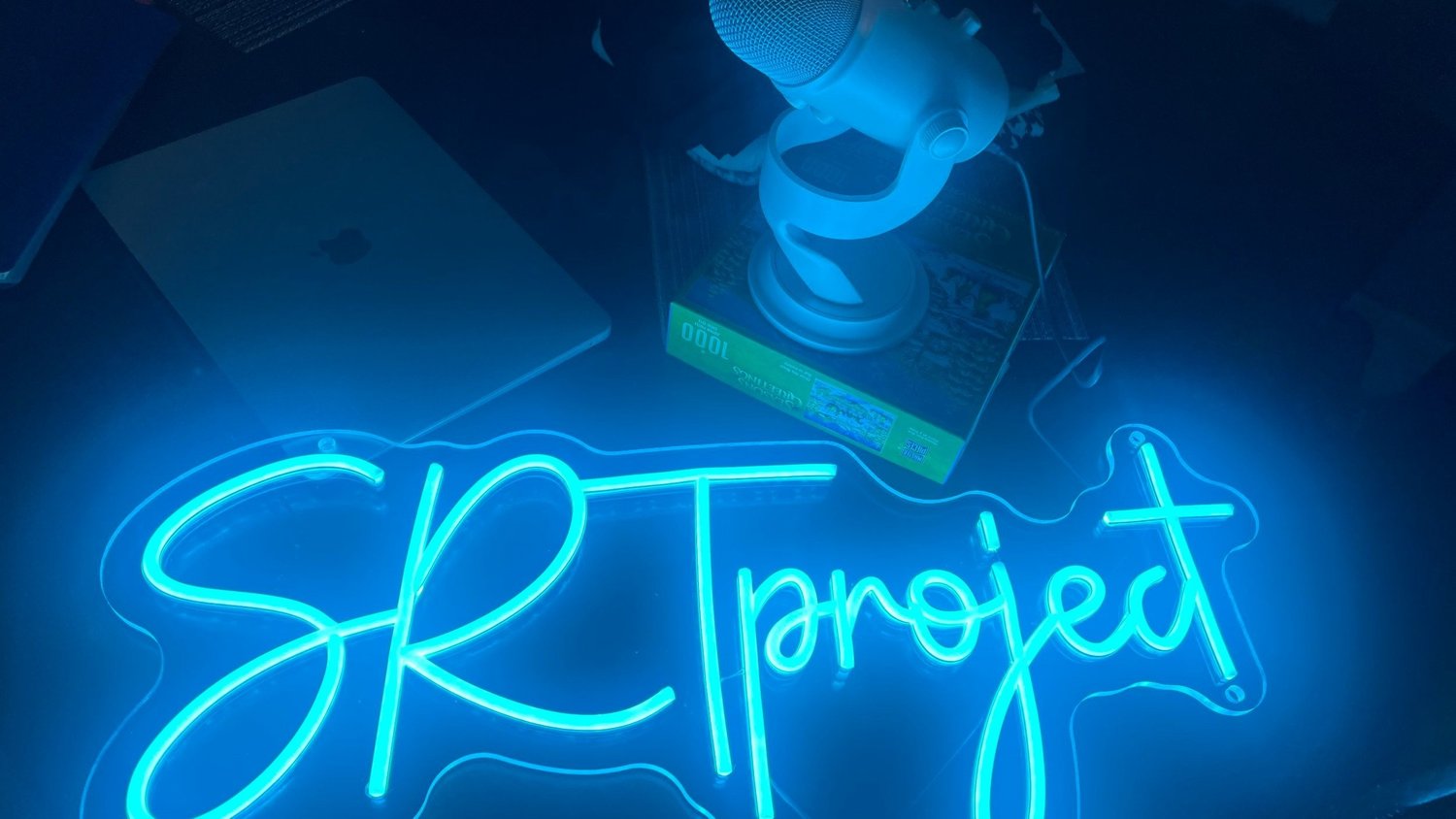ZOOM
In addition to the "Proactive Stress Management and Wellness for Public Safety Professionals" training, we offer a range of specialized training within the SRT Project that cater to the stress management needs of first responders. These trainings are online and in person.
"Surviving 911 Dispatcher Stress": A specialized training designed to address the unique challenges faced by 911 dispatchers and provide practical tools for stress management and well-being in the high-pressure dispatch environment.
"Coping Strategies for Law Enforcement Personnel": A comprehensive training that equips officers with practical coping mechanisms to handle stress, enhance emotional well-being, and foster resilience.
"Mindfulness and Mental Wellness in Law Enforcement": This training introduces mindfulness practices and techniques to promote mental well-being, improve focus, and reduce the negative impact of stress on officers' overall performance.
One study in the white paper found that, on average, police officers witness 188 “critical incidents” during their careers. This exposure to trauma can lead to several forms of mental illness. Rudermanfoundation/Whitepaper/Mental Health of First Responders
The pressures of law enforcement put officers at risk for high blood pressure, insomnia, increased levels of destructive stress hormones, heart problems, PTSD, and suicide. University at Buffalo researchers have found through a decade of studies of police officers.
ScienceDaily: Impact of Stress on Law Enforcement Correctional Officers Stress Studied: “Stress can manifest itself in several ways, including memory problems, anxiety, racing thoughts, moodiness or irritability, agitation, depression, physical aches and pains, changes in sleep patterns or appetite, isolation, or increased use of drugs or alcohol.”
The CMIT pamphlet offered several ways to reduce stress, including:
Exercise regularly and maintain proper nutrition.
Use meditation and other relaxation techniques as part of your daily schedule.
Avoid drugs and alcohol; the relief from such self-medication is only temporary.
Be sure to get enough sleep”
Study:
A study out of Harvard University showed that in as little as 8 weeks with mindful breathing, we can shrink the amygdala part of the brain that makes us feel stress and fear- and expand the pre-frontal cortex- the region that governs reason, logic, and problem-solving.

